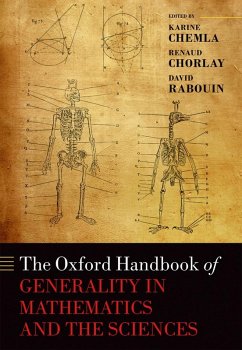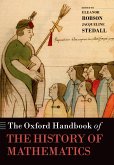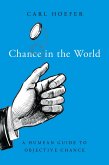Generality is a key value in scientific discourses and practices. Throughout history, it has received a variety of meanings and of uses. This collection of original essays aims to inquire into this diversity. Through case studies taken from the history of mathematics, physics and the life sciences, the book provides evidence of different ways of understanding the general in various contexts. It aims at showing how collectives have valued generality and how they have worked with specific types of "general" entities, procedures, and arguments. The books connects history and philosophy of mathematics and the sciences at the intersection of two of the most fruitful contemporary lines of research: historical epistemology, in which values (e.g. "objectivity", "accuracy") are studied from a historical viewpoint; and the philosophy of scientific practice, in which conceptual developments are seen as embedded in networks of social, instrumental, and textual practices. Each chapter provides a self-contained case-study, with a clear exposition of the scientific content at stake. The collection covers a wide range of scientific domains - with an emphasis on mathematics - and historical periods. It thus allows a comparative perspective which suggests a non-linear pattern for a history of generality. The introductory chapter spells out the key issues and points to the connections between the chapters.
Dieser Download kann aus rechtlichen Gründen nur mit Rechnungsadresse in A, B, BG, CY, CZ, D, DK, EW, E, FIN, F, GR, HR, H, IRL, I, LT, L, LR, M, NL, PL, P, R, S, SLO, SK ausgeliefert werden.









